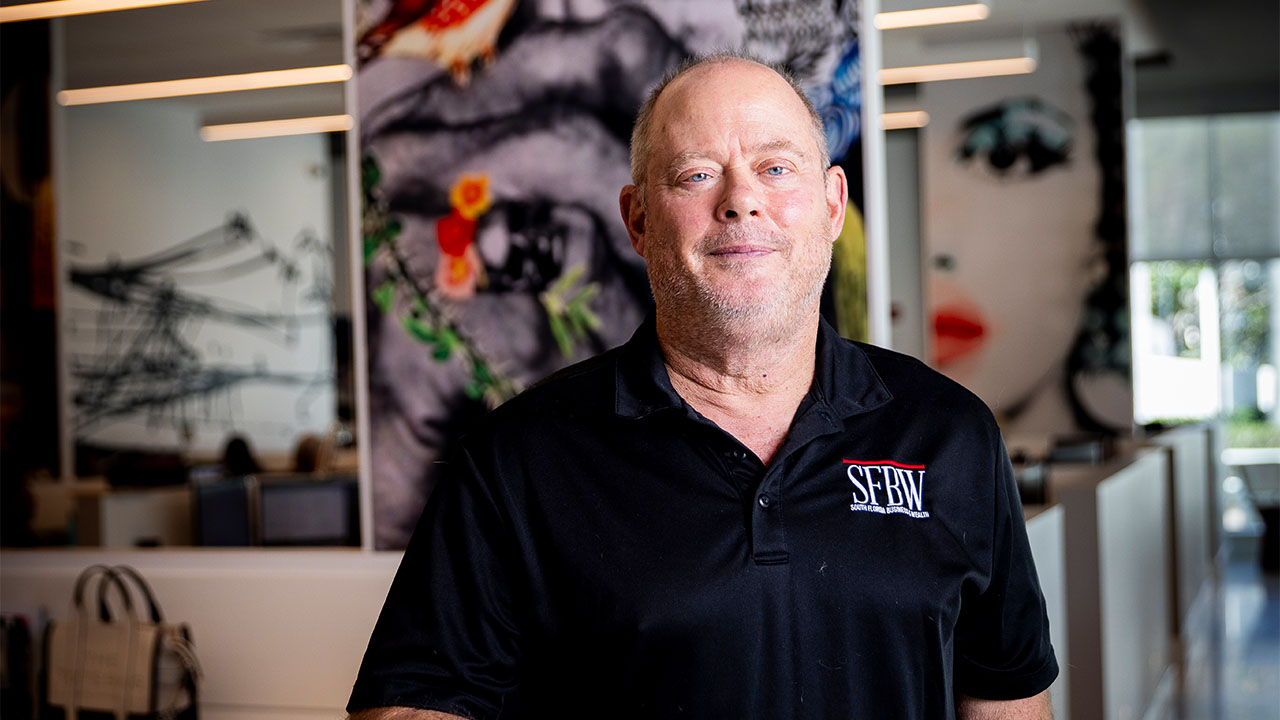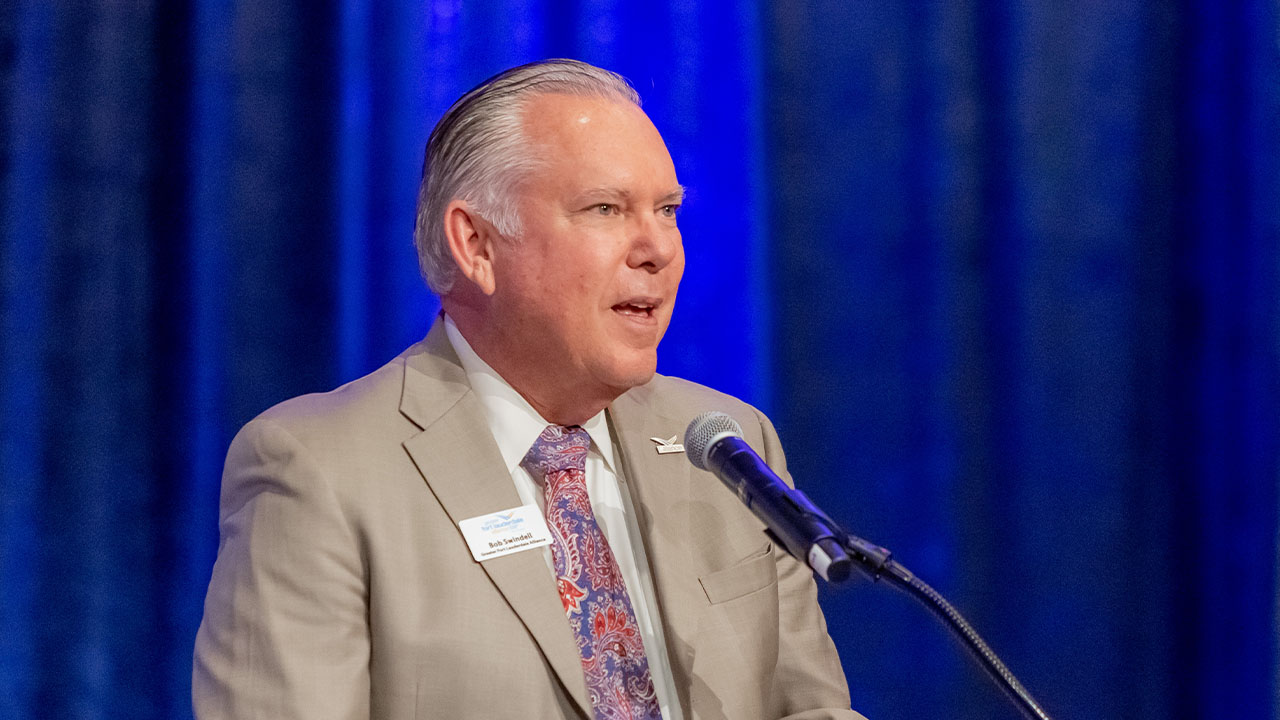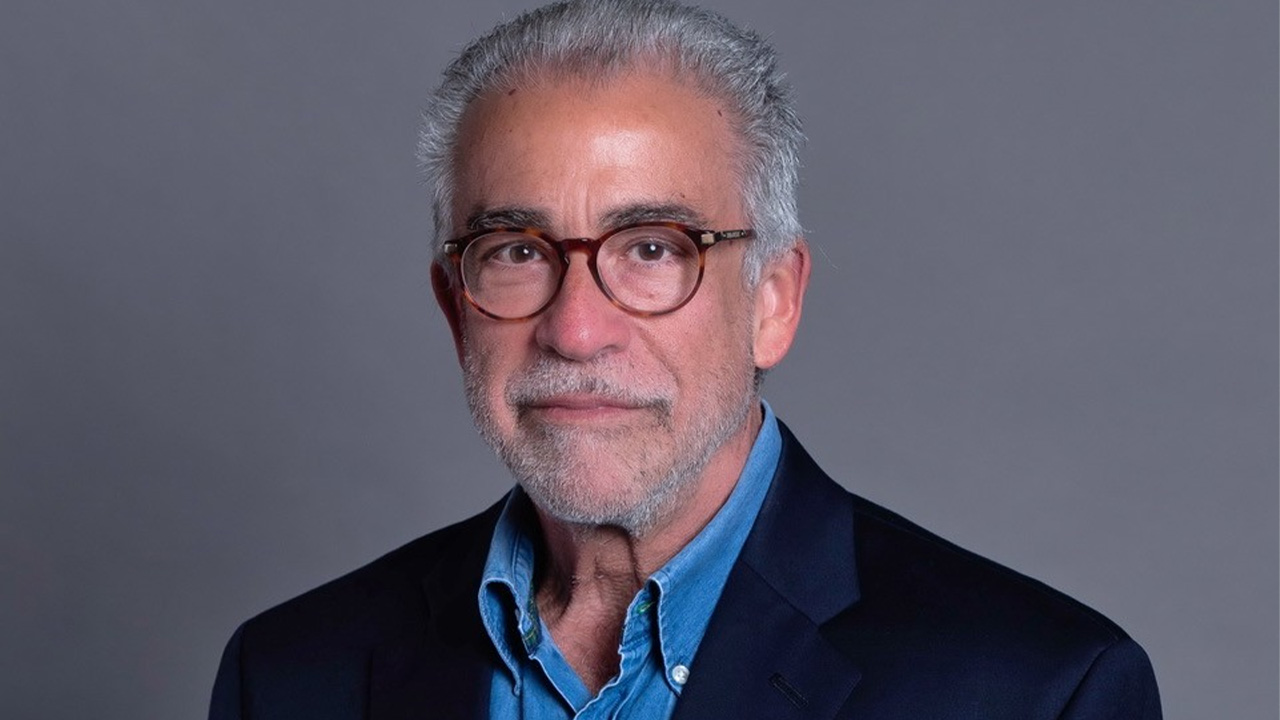Dear Mr. Berko: I’ve been a member of an eight-person investment club for 11 years that meets once a month. We get into some spirited discussions and have a portfolio of 17 stocks worth almost $210,000 and our portfolio has a cost basis of $143,000. Our biggest gainer was 150 shares of CF Industries that you recommended in December of 2006 at $26, that we sold at $301 in March 2015. Now I’m tasked with researching a company named 2U that provides online courses to colleges and universities. Please give me your thoughts on 2U. — WT: Detroit, MI
Dear WT: I like investment clubs. Clubs, like yours, are a wonderful way to learn about the market in a warm, companionable atmosphere of good friends.
2U (TWOU-$35) sells cloud-based software as a service (SaaS) to colleges. 2U’s SaaS platform solutions provide online campuses and web-based mobile applications that enable colleges to offer online courses in algebra, psychology, sociology, English, history, literature, physics, etc. 2U’s brilliant platform serves as a data hub for scheduling courses, course enrollment and faculty admissions review while automating the admission and online application process for prospective students. It also encourages colleges to create sterile, cheaper, digital versions of themselves. The aggressive growth of online education signals the demise of traditional professor-led courses and green, leafy university campuses with weathered, old brick buildings. The online concept acknowledges a dumbing down of the learning process and simplifies course content so students, whose high schools failed to prepare them for college, can get a diploma.
It’s obvious that traditional college courses are now too difficult for most American students. So considering the huge numbers of students who lack the skills to earn a diploma, online courses provide equal outcomes for Americans whose aptitudes preclude them from earning degrees at traditional colleges. Of course, online courses cost enormously less than a professor’s planned lecture.
Online learning vs traditional learning is creating a two-tiered system — degrees for those who can and those who can’t. By lowering learning requirements, 2U allows colleges to maintain huge enrollments, meet federal guideline graduation numbers to keep the largess flowing through $1.6 trillion in student loans. Today, everybody can get a BS, MBA or Ph.D. online. Online education offers Americans easy diplomas which pleases voters and Congress. And analysts at Reuters, Credit Suisse, Oppenheimer and Goldman Sachs are also pleased. Higher graduation rates, made possible by 2U’s platform encourages, Congress to increase student loan funding, enabling colleges to purchase more 2U’s software. And that’s why five of Wall Street’s finest have a “Strong Buy” recommendation with a median target price of $37 and a high target price of $46 in the next 12 months, which I think is ridiculous. But if colleges become free, online courses will explode and so will TWOU.
2U hasn’t earned a centime since it opened for business in 2008 and won’t be profitable this year or in 2017. Goldman Sachs and Oppenheimer took 2U public in March 2015, selling 9,175,000 shares at $13. It was an unexciting IPO. During the first week, 2U traded below its IPO price before gaining traction and rising to $39 six months later. This Landover, Maryland, company has 1,026 employees, zero debt, a float of 32 million shares and an absurd market cap of $1.6 billion! In 2015, 2U posted $150 million in revenues and lost 63-cents a share. This year the Street expects 2U to lose 34-cents a share on revenues of $200 million and in 2017 revenues might reach $264 million but 2U will lose money again.
Unlike colleges in Europe or Asia that have rigid admissions requirements, a college diploma is now an American entitlement. Therefore 2U represents the future of public colleges in the U.S. where policies support quantity over quality. While I have unkind feelings about online education (the diminution of traditional learning), I recognize 2U’s enormous growth potential and many believe TWOU could trade much higher. However, I have significant reservations about the qualifications of our next generation’s physicians, lawyers, engineers, veterinarians and other professionals.
Please address your financial questions to Malcolm Berko, P.O. Box 8303, Largo, FL 33775, or email him at mjberko@yahoo.com. To find out more about Malcolm Berko and read features by other Creators Syndicate writers and cartoonists, visit the Creators Syndicate website at www.creators.com.
COPYRIGHT 2016 CREATORS.COM















